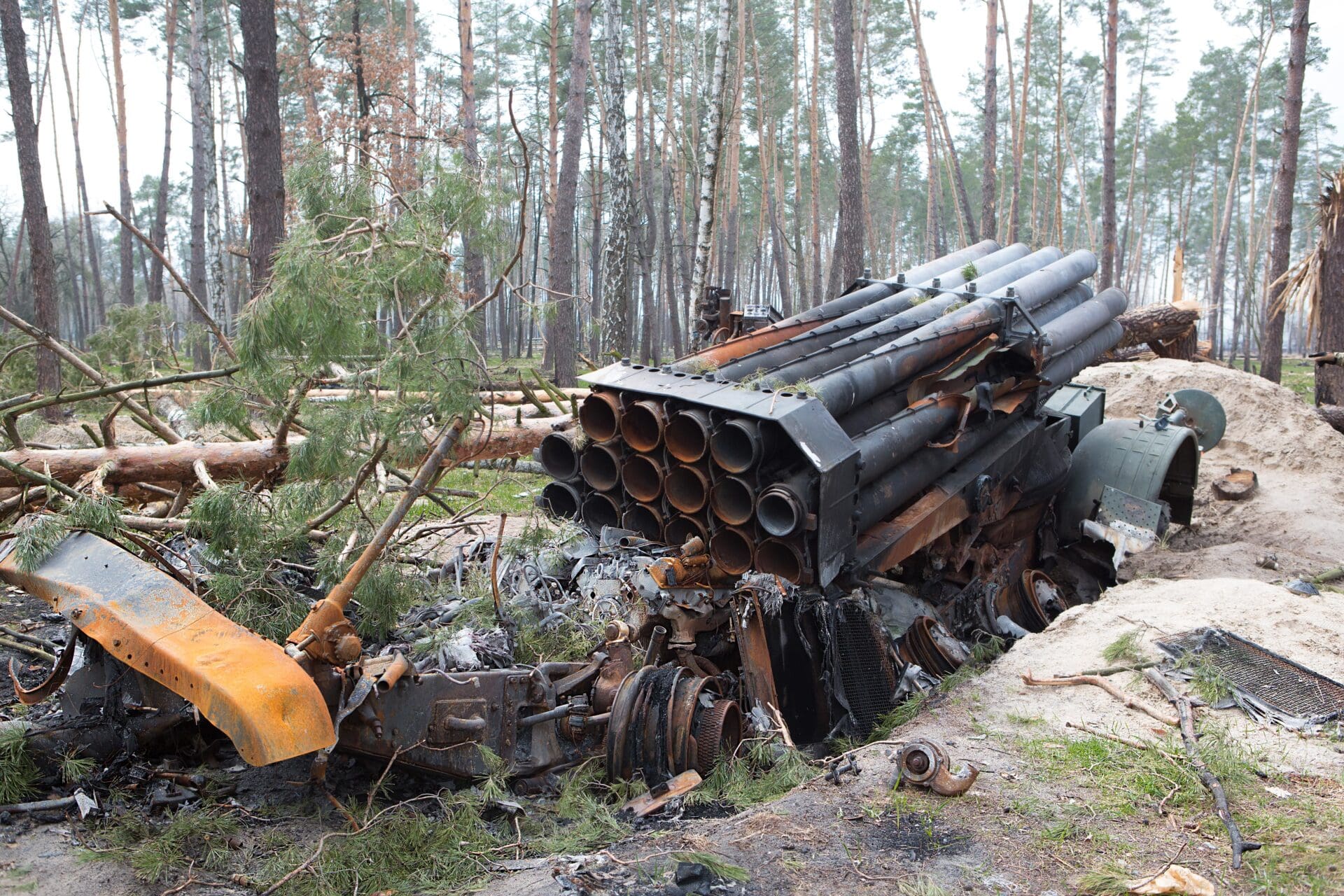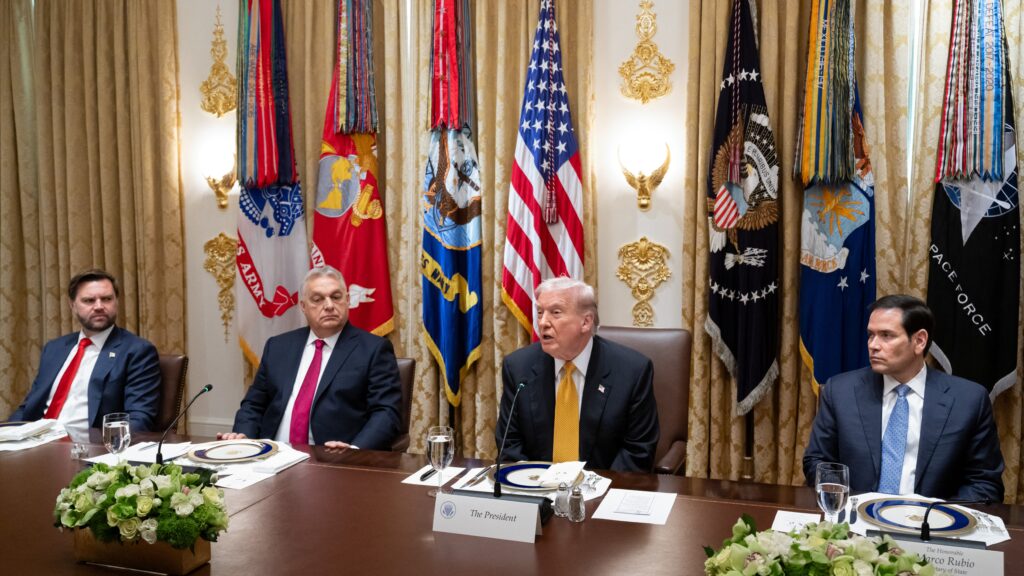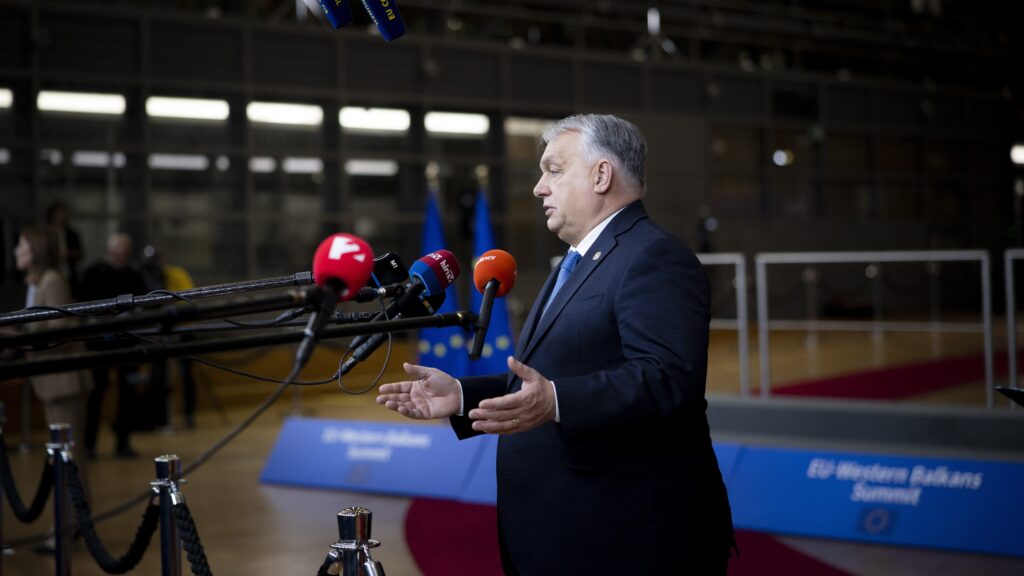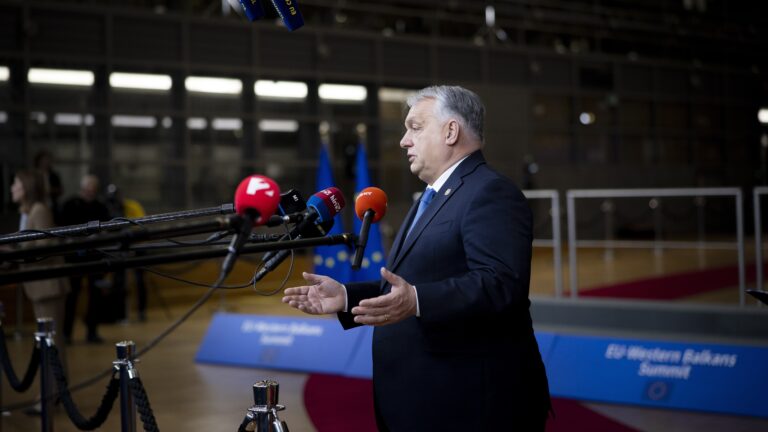According to a declassified report from the United States, Moscow is now buying millions of artillery shells and rockets from North Korea. The report argues that as Russia was hit by sanctions, it was forced to turn to the militant Asian dictatorship for military supplies. North Korea is not the only newfound ally of Russia. The purchase of weaponry from North Korea was revealed only a couple of days after Moscow has received its first supply of drones form Iran. The White House has warned, however, that there is no evidence yet that the transaction with North Korea has been completed nor that the purchased weapons are meant to be used in Ukraine. Russia denied any arms deals with North Korea.
Some have argued that Moscow’s deals with these regimes is a sign of weakness and proves the sanctions’ efficiency, as Russia needs to look for alternative sources of supply to keep its military up and running. The advocates of sanctions highlight that while the Russian economy has not collapsed (as a matter of fact, it is estimated that ‘Russia has made €158bn (£136bn) from surging fossil fuel prices’, BBC reported), sanctions have given Moscow a hard time keeping its military operational. It seems that China’s decision not to supply Russia with arms nor with cutting-edge technology (albeit continuing to buy its energy) also contributed to Moscow’s decision to turn to North Korea and Iran. Chinese companies have since been repeatedly warned by US officials not to violate the sanctions and export restrictions on Russia unless they want to be cut off of American equipment and software themselves.
This understanding suggests that the sanctions pushed three dictatorships that are arch enemies of the West into each other’s arms
There is an alternative reading of the events, however. This understanding suggests that the sanctions pushed three dictatorships that are arch enemies of the West into each other’s arms. Since both Moscow, Tehran and Pyongyang are heavily sanctioned, they have nothing to lose but win from mutual economic cooperation and increased political ties. Contrary to their interests, the strengthening of any relationship between countries so openly hostile to the West is not a favourable development for the US-led world, while it might be a direct consequence of Western policies.
Another problem is that Russia is not buying high-tech equipment from North Korea, but artillery, which enables a type of warfare much more devastating for Ukrainian residents and infrastructure. High technology weapons are more precise and better equipped to specifically target military facilities, while the artillery Russia allegedly purchased cause indiscriminate destruction. The question arises: does the current policy of the West really make sense? Sanctions have not managed to crush the Russian economy, instead, they pushed Moscow closer to North Korea and Iran. Sanctions did not cut Russia fully off of military supply, whereas they forced Moscow to use weaponry which is likely to inflict more harm on the civilian population. All in all, it seems that misguided Western reactions are only prolonging the conflict.







